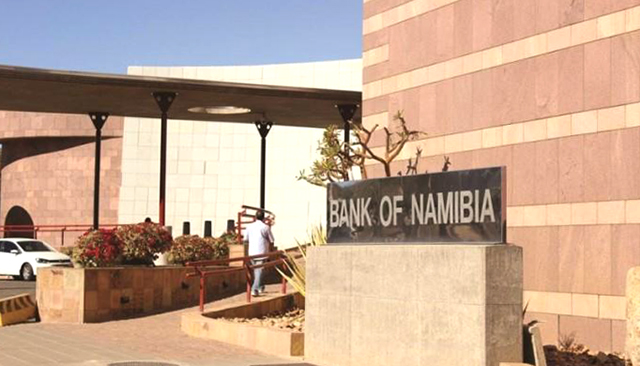Several players in the Namibian housing market have welcomed the decision by the Bank of Namibia to scrap deposit payments for second-time homeowners, saying the move was long overdue.
The central bank yesterday announced new changes to the loan-to-value (LTV) ratio regulations which were affected on 31 October, providing a reprieve to second-time home buyers from paying deposits.
This means those acquiring their second property will simply have to service their premiums without putting down a security deposit for their mortgages.
Bankers Association of Namibia chief executive Brian Katjaerua said the new regulations will boost the construction sector.
“This is a welcomed boost to the construction sector, as well as the provision of much needed housing for Namibians and it will to a degree attract investments in the housing sector. You will hopefully see more people employed in the housing construction sector,” said Katjaerua
He added that there will be no challenges to implementation in terms of policy changes from the banks.
According to real estate agents, the new regulations will create a surge in the housing market as more people will be able to buy more houses.
“Sometimes, it is because people do not have a deposit that hinders them from buying a second property and now they can own multiple properties,” said Windhoek real estate agent Gabriel Heita.
However, Heita warned that if the demand for housing increases, it will automatically lead to a rise in prices.
“Many people might not be affording houses anymore, because demand in housing will increase market price, and with the ever increasing repo rate, many people are not able to afford one property, let alone two,” said Heita
Real estate agent Irmgard Hamayulu said the new regulation may also lead to changes in the mortgage lending landscape.
“Lenders may need to adjust their criteria and risk assessment models to accommodate this shift. Overall, it has the potential to reshape the dynamics of the real estate industry, making it more inclusive and potentially stimulating growth,” said Hamayulu.
Economist Robert McGregor said the recent relaxation of the ratios will create a positive impact on the property market, spurring further demand in the sector.
“Although the market has already been showing some signs of recovery, the relaxation in the ratios should provide some more buying power in the market, leading to more transactions, price appreciation and higher lending growth from the banks, which has been quite weak of late,” said McGregor.
However, McGregor said affordability still remains a challenge given that interest rates are relatively high, so the relaxation will not have an immediate impact
Economist Salomo Hei agreed that affordability remains a challenge even though the new regulations provide some relief.
“The issue is affordability and we should deal with the variable, which is land. The cost of bricks is the cost of bricks and the cost of cement is the cost of cement, the only variable is the cost of land,” said Hei.
These new amendments replace the old restrictions on LTV ratios in 2019.
Bank of Namibia spokesperson Kazembire Zemburuka yesterday said, “A mortgage loan for a second residential property no longer requires any deposit, while mortgage loans for third and subsequent residential properties only require a 10% deposit.”
LTV represents the amount of money a bank lends to consumers to buy a house compared to the house’s price, and it includes the required down payment.
Zemburuka said the changes were motivated by economic conditions and the shift in the Namibian property market.
He encouraged banks to make policy changes.
“Banking institutions are mandated to establish comprehensive policies and procedures to ensure adherence to the LTV restrictions outlined in the regulations,” said Zemburuka.
Central bank deputy governor Leonie Dunn said the new regulations offer property owners and prospective property buyers a great opportunity.
“These regulations mirror recent economic conditions which require a further relaxation, while safeguarding financial stability. They are designed to foster investment in the property sector, generate job opportunities and make a positive contribution to economic growth and recovery,” said Dunn.
In 2019, then governor Iipumbu Shiimi, through the finance ministry, relaxed the LTV ratios.
According to those changes, first-time home buyers were not required to put up a deposit, but buyers applying for a second or third mortgage were required to make a down payment of 10% for the first primary residence, and 20% thereafter.
Stay informed with The Namibian – your source for credible journalism. Get in-depth reporting and opinions for
only N$85 a month. Invest in journalism, invest in democracy –
Subscribe Now!






